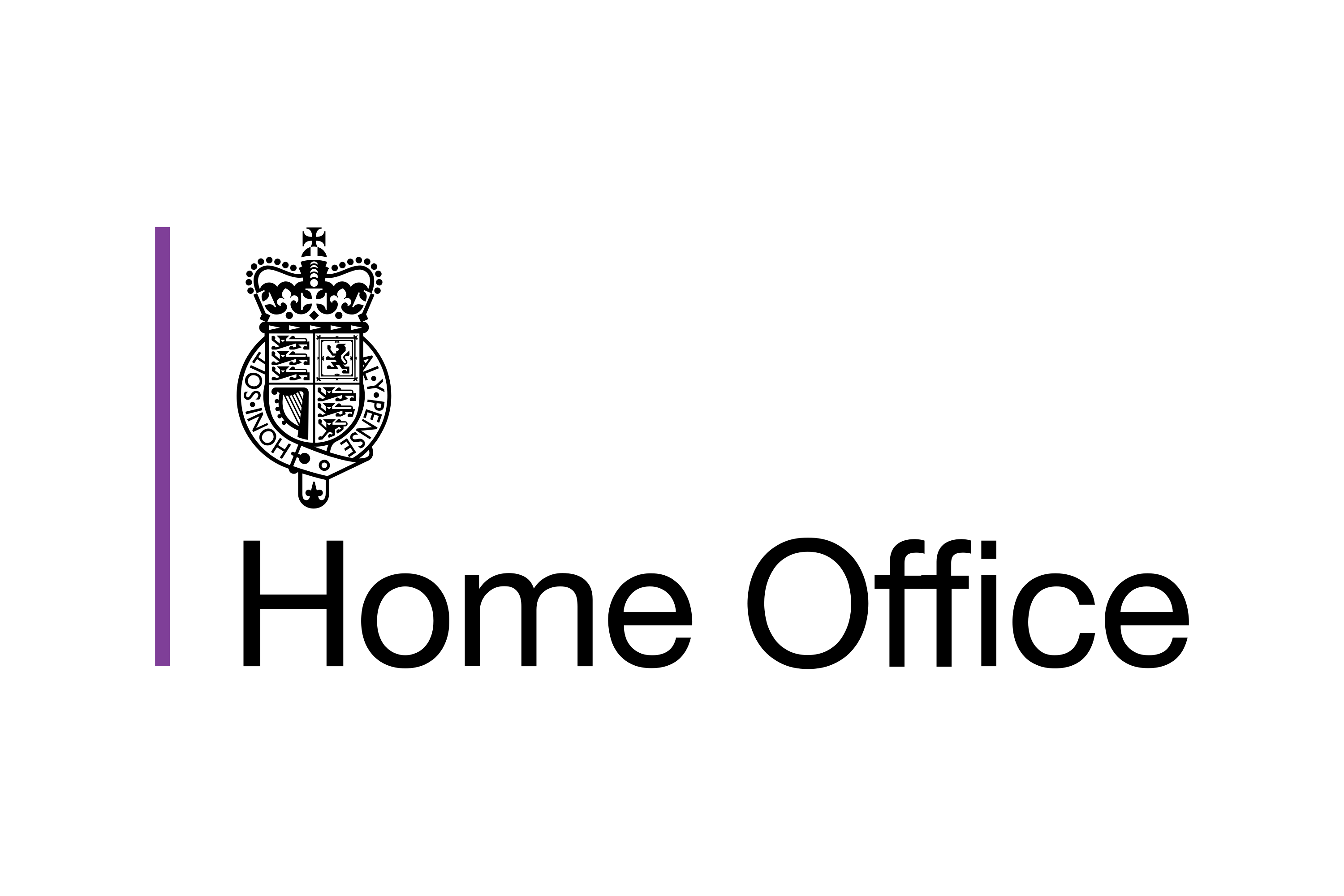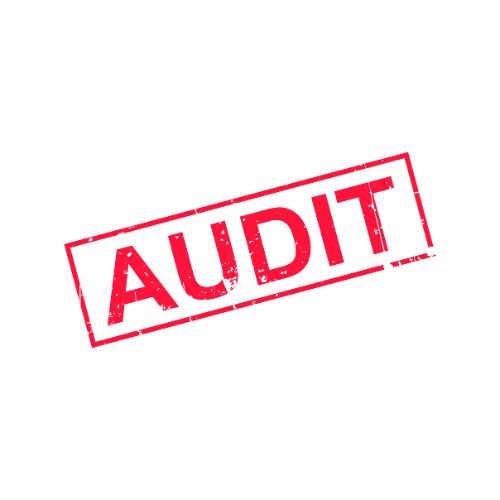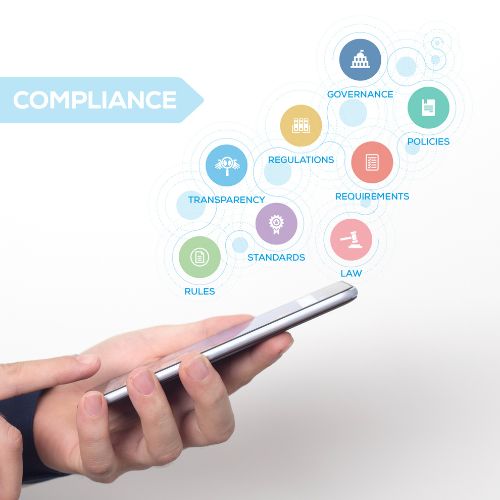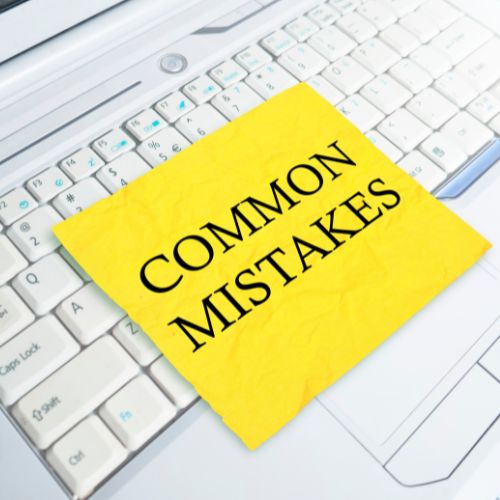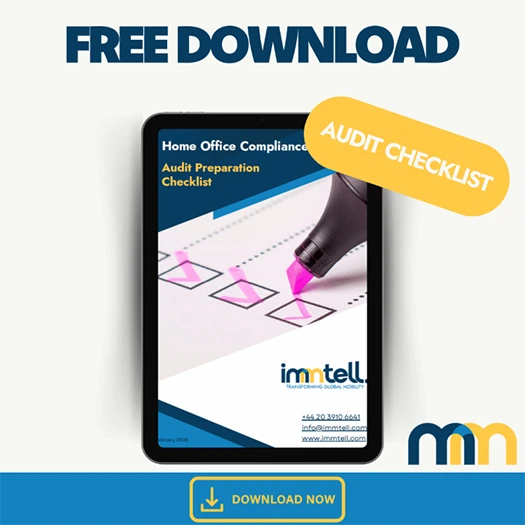Top 10 Sponsor Licence Mistakes Employers Still Make in 2026
Avoid delays, refusals, and revoked licences. Here’s what still catches employers out in 2026.

Why Sponsor Licence Mistakes Still Happen in 2026
You're an HR manager, operations lead or business owner trying to get the right people into the right roles. You’re already spinning plates: payroll, contracts, onboarding, compliance. Then you realise you need a Home Office sponsor licence.
Maybe you’ve hired someone on a Graduate Visa. Or maybe you’ve found the perfect candidate overseas. Whatever the trigger, you start researching… and quickly discover it’s more complex than it first looked.
The Home Office doesn’t just want a few forms filled out. They want to know you’re set up to manage everything that comes with sponsoring workers, now and years from now. And if anything goes wrong? That’s not just a delay or a refusal. It could cost you a hire, your licence, or even your business reputation.
At Immtell, we work with UK employers every day, from startups to multinationals, helping them apply, maintain and make the most of their Home Office sponsorship licences. We’ve seen the same mistakes again and again, even from experienced companies. This article breaks down the top 10 issues we still see in 2026, and how to stay clear of them.
Mistake 1: Thinking You Don’t Need a Sponsor Licence Until It’s Too Late
Some employers wait until they’ve made a job offer or even have a start date agreed before they apply for a Home Office sponsor licence. By then, it’s often too late.
Sponsor licence applications typically take 6–8 weeks to process (an expedited option is usually available), longer if the Home Office raises questions or conducts a Compliance Check (pre-licence audit). If you need someone in a hurry, say, a software engineer or chef, that delay can cost you the hire.
Don’t wait until a candidate is in hand. If hiring overseas talent is even a remote possibility for your business, apply in advance. It’s easier and less stressful to apply without the pressure of a clock ticking.
Mistake 2: Relying on Outdated Templates or Old Advice
Sponsor licence guidance changes regularly. SOC codes, salary thresholds, document requirements, and even how the Home Office applies its own rules, like we saw in April 2024. Everything changes over time.
One of the most common mistakes we see is businesses reusing templates or advice from a consultant they used years ago. In 2025 alone, we’ve already seen updates to salary thresholds, a full replacement of the shortage occupation list, a revised Appendix A, and a tighter focus on genuine vacancies.
If you're working from something that helped you in 2022, it’s probably no longer good enough.
Mistake 3: Weak or Missing HR Systems
Home Office sponsor duties aren’t just a tick-box at the start. They’re ongoing. You’re expected to track key information like start dates, absences, and changes in working conditions, and you’ll need to show the Home Office you can.
We’ve worked with businesses who thought having a spreadsheet or asking managers to “keep an eye on things” would be enough. It isn’t.
The Home Office expects structured processes, not just goodwill.
If your HR system can’t flag visa expiry dates, hold contract versions, or report address changes, then you're not compliant.
Mistake 4: Failing to Prove the Role Is Genuine
"Genuine vacancy" is no longer just a phrase buried in the guidance, it's a key focus area in 2025.
We’ve seen multiple refusals this year where the Home Office accepted that the business was real, but didn’t believe the role needed to be filled by a sponsored worker. Often, that’s because the job description was vague or clearly copied from a job board.
Your job must match up with:
- A relevant SOC code
- Your current business needs
- The skills and responsibilities actually required
If it looks like you’re bending the rules just to hire someone you like, your licence could be refused, or even revoked later.
Mistake 5: Overlooking the Need for a Clear Justification
Especially for Defined Certificates of Sponsorship (CoS), used when hiring someone from overseas, a clear explanation of the business need is vital.
You need to show why this hire is necessary and how it fits into your company’s operations. This is even more important if you’re a small or new business, or if the salary is on the lower end of the permitted range.
A weak or rushed justification can delay things, or block them completely.
We’ve helped businesses rewrite CoS justifications after refusals, but it’s much better to get it right the first time.
Mistake 6: Rushing the Application Without Proper Checks
Applying for a Home Office sponsorship licence involves uploading key documents, often more than the minimum four required, that prove your company is trading and operating legally in the UK. Miss one, upload the wrong version, or use a scanned PDF that isn’t clear, and the application may be delayed or refused.
Even worse: if the application is refused, there’s a six-month cooling-off period before you can apply again.
That’s half a year where you can’t sponsor anyone, even if you find the perfect hire.
Double-check every file, cross-reference your cover letter, and don’t leave it to chance.

Mistake 7: Not Preparing for a Compliance Check
The Home Office can, and often will, visit your business before or after issuing your sponsor licence. However, typically in 2026 we're seeing a move to online video calls and document sharing for what the Home Office call a Compliance Check. It's essentially a pre-licence audit. You may receive a warning, or it may be unannounced.
If they find:
- Incomplete HR files
- No absence reporting
- Incorrect right-to-work checks, or the inability to explain what checks you would do
- Untrained staff who don’t know what to do
...then your application is likely to be refused. We’ve supported clients who were audited and passed because they identified gaps in advance and worked with us to fix them.
Prevention is always better than cure.
Mistake 8: Using the Wrong SOC Code
Each job you sponsor must match a Standard Occupational Classification (SOC) code. These codes carry different salary thresholds and skill levels.
Pick the wrong one. Even if it sounds similar, your application could be refused. We see this all the time, especially when businesses guess or use the first code that seems to fit.
In 2025, more SOC codes have been updated, and the minimum skill level is likely to be increased at some point. Roles that were eligible last year may not be in the next few months.
Check carefully. And if you’re not sure, get advice.
Mistake 9: Assuming the Sponsorship Licence Is a One-Time Job
Getting the licence is only the start. Sponsors must:
- Keep detailed records
- Report changes within 10 working days
- Renew Certificates of Sponsorship
- Follow up with sponsored workers
Many companies relax once the sponsor licence is granted. That’s often when mistakes creep in, and the Home Office knows it.
A revoked licence doesn’t just stop future hires, it puts existing sponsored workers at risk.
Mistake 10: Letting Untrained Staff Handle Immigration Compliance
Some companies assign immigration responsibilities to someone in HR or operations who’s already stretched, and who’s never had formal training.
If that person goes on leave, changes role, or simply gets something wrong, the consequences fall on the business. This is one of the most overlooked risks we see.
If you’re sponsoring people, someone in your business needs to know the rules, and follow them.
At Immtell, we offer both real-time and on-demand sponsor compliance training, ensuring your team is well-prepared.

What These Mistakes Cost You (And How to Avoid Them)
A sponsor licence refusal in 2026 doesn’t just sting financially, it holds up hiring, damages reputation, and in some cases, sets the business back for months.
Some mistakes are small and recoverable. Others trigger a Home Office investigation or result in having your licence downgraded or revoked entirely.
And it’s not just about applications. Mistakes made after you’ve secured the licence, missed reporting deadlines, poor record-keeping, or incorrect CoS submissions, can cost you later down the line.
The fix? Treat sponsorship as an ongoing responsibility. Work with regulated specialists. And put proper systems in place, early.
How Immtell Helps You Get It Right First Time
We don’t just help you apply for a Home Office sponsor licence. We help you plan. Prepare. Comply.
With 21+ years of Home Office experience and senior roles at Big 4 firms, we’ve helped hundreds of UK employers navigate sponsor licensing, from first application to long-term management.
Here’s what we offer:
- Sponsor licence application support from £4,500
- Monthly retainers covering CoS management, training and advice from £500/month
- Mock immigration audits from £3,000
- Immigration Compliance and Right to Work training (in-person or remote), from £1,000
- Support writing CoS allocation increase justifications
- Immediate phone and Zoom support, not just email forms
Our regulated team can act as your compliance partner, not just a consultant.


Build Your Support Package or Speak with Us Today
You don’t need to figure all of this out alone.
Let’s make it easy to stay compliant, protect your business, and hire with confidence.
You don’t need to figure all of this out alone.
Let’s make it easy to stay compliant, protect your business, and hire with confidence.
